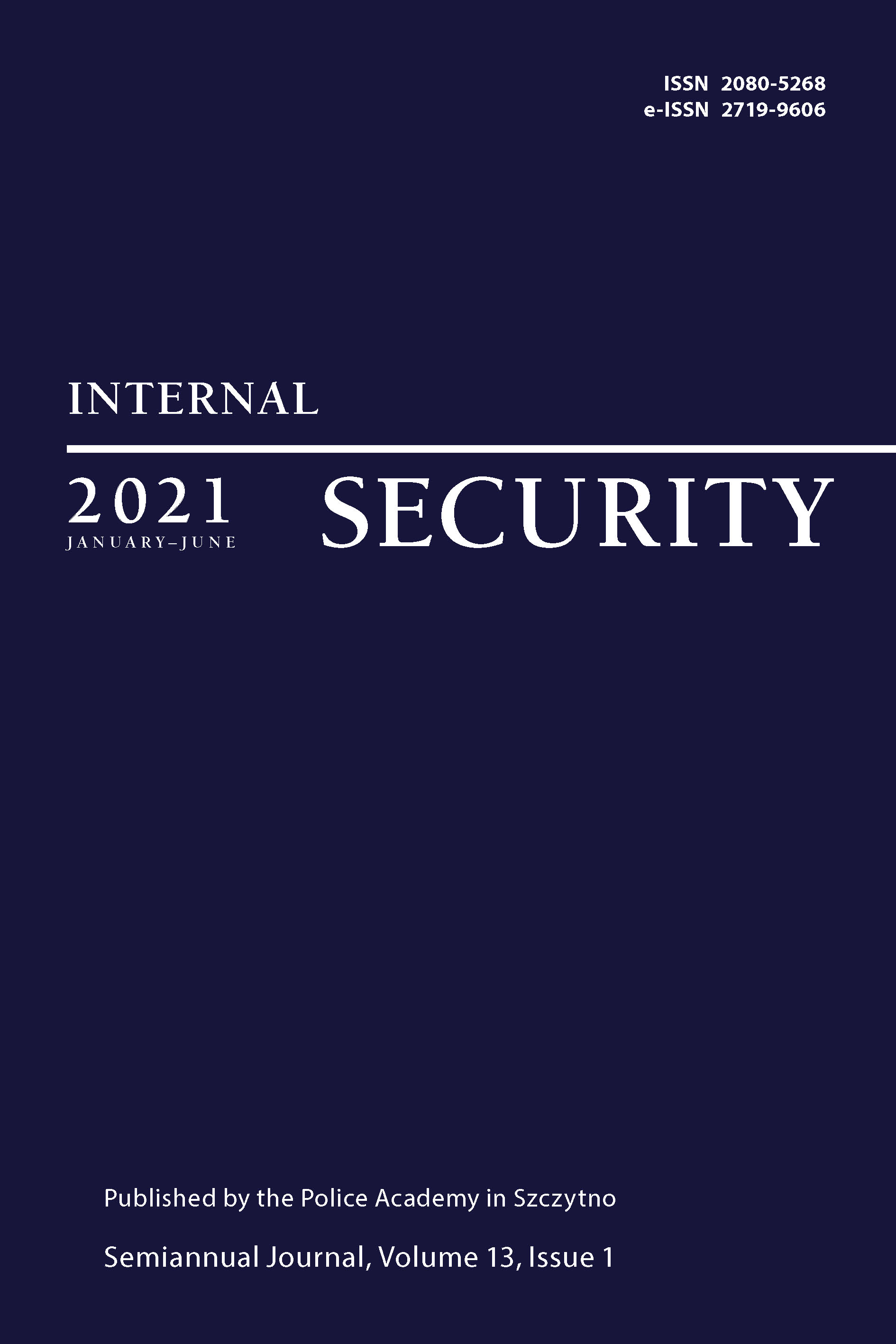100 Years of the Police and the Fight Against Petty Offences
100 Years of the Police and the Fight Against Petty Offences
Author(s): Agnieszka Sadło-NowakSubject(s): History, Law, Constitution, Jurisprudence
Published by: Akademia Policji w Szczytnie
Keywords: petty offence, police; procedure; prosecution; public prosecutor
Summary/Abstract: Police and the fight against petty offences — that is, a few words about how the law of petty offences has developedand what role of the Police is and has been in fighting against such law violations since Poland regained its independence. Pettyoffences are minor acts and there are many of them in the surrounding area. These are actions that are very burdensome forresidents and affect their sense of security. A petty offence is the most frequently committed prohibited act that society is andhas been confronted with, and the main reason for citizens to report to police officers. Petty offences, in particular those relatedto disturbing public order, quiet hours, littering and drinking alcohol in prohibited areas due to their nature and frequency are themost burdensome acts in society. These acts are often combined with each other and are committed simultaneously. Due to theprevalence of petty offences, they affect the general public. The Code of Petty Offences contains a catalog of penalties and a numberof other ways of responding to the petty offenses committed. The ways in which the police responded and worked have changedover the years, just as the whole of the broader law of petty offences has changed.Its development began after Poland gained its independence in 1918. The Constitution of March 1921 did not directly definethe model of adjudication in cases of petty offences, but adopted an important principle — the citizen’s right to a fair trial (Articles72 and 98)
Journal: Internal Security
- Issue Year: 13/2021
- Issue No: 1
- Page Range: 201-211
- Page Count: 11
- Language: English

